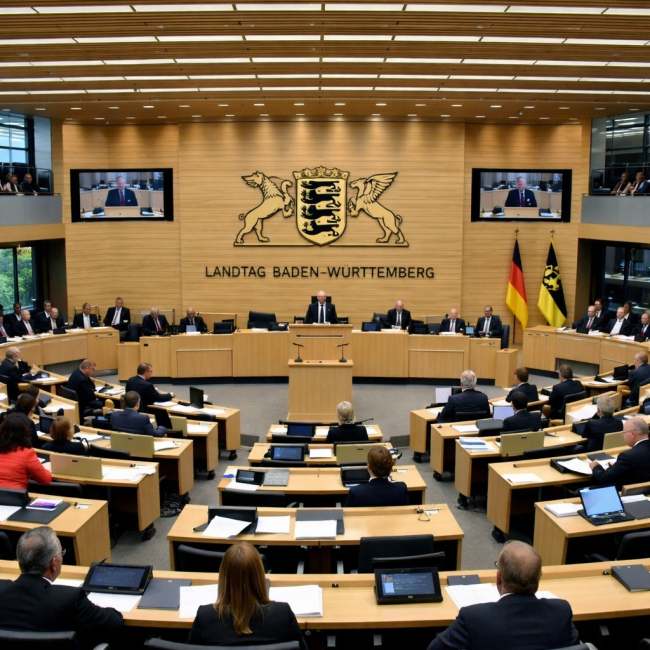L'Europe prochaine. Regards franco-allemands sur l'avenir de l'Union européenne

A l'occasion du 50e anniversaire de la signature des traités de Rome, des auteurs français et allemands font le point sur la construction européenne. Si ce sont Paris et Bonn/Berlin qui, en commun, ont donné les impulsions décisives pour faire avancer la CE/UE, aujourd'hui, suite aux événements de 1989/1990, l'Europe a acquis une autre dimension et le rôle de ce tandem s'est qualitativement transformé. L'ouvrage ne constitue pas une nouvelle présentation du poids des relations franco-allemandes dans différents domaines touchant les affaires européennes. Les chercheurs et universitaires, tous français et allemands, s'expriment de leur point de vue sur des problématiques bien précises qui ont trait au processus d'intégration européenne et au rôle et à la place de l'Europe dans le monde. Pour chaque sujet les auteurs procèdent à une analyse de la problématique et développent, dans la mesure du possible, un argumentaire prospectif intégrant des scénarios et/ou des recommandations.
Related centers and programs
Discover our other research centers and programsFind out more
Discover all our analysesThe 2026 State Elections in Baden-Württemberg: First Test For Chancellor Merz's Federal Government?
The state election in Baden-Wuerttemberg in March 2026 will be the first major test of public opinion for Chancellor Friedrich Merz's federal government. At the same time, Baden-Wuerttemberg is one of the federal states that—as an important location for the German automotive industry and its suppliers—is particularly affected by the transformation policy driven by climate change and the international conflict constellation.
Bundeswehr: From Zeitenwende (historic turning point) to Epochenbruch (epochal shift)
The Zeitenwende (historic turning point) announced by Olaf Scholz on February 27, 2022, is shifting into high gear. Financially supported by the March 2025 reform of Germany’s “debt break” and backed by a broad political and societal consensus to strengthen and modernize the Bundeswehr, Germany's military capabilities are set to rapidly increase over the coming years. Expected to assume a central role in the defense of the European continent in the context of changing transatlantic relations, Berlin’s military-political position on the continent is being radically transformed.
Merz’ European Policy-making: The End of the ‘German Vote’?
Friedrich Merz’s European ambition is to turn Germany, long seen as hesitant into a leading actor within the European Union (EU). To that end, he has pledged to end the “German vote,” a phenomenon that epitomizes the paradox of a country both indispensable and frequently absent from European decision-making.

Securing critical raw material (CRM) value chains – a prerequisite for Europe’s technological resilience
At the heart of economic security, technological resilience is a backbone of the European Union’s (EU) competitiveness. The EU’s energy and digital transitions depend on critical raw materials (CRM).










